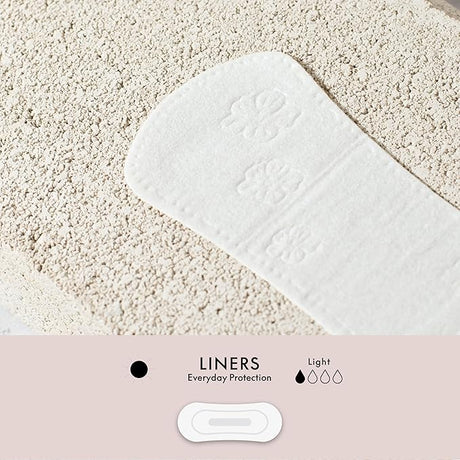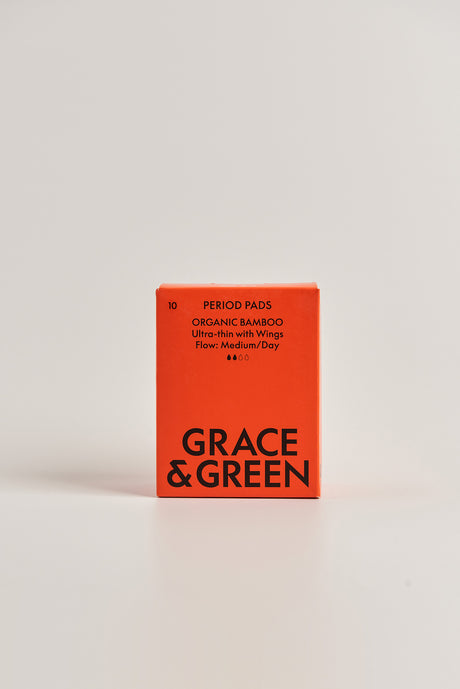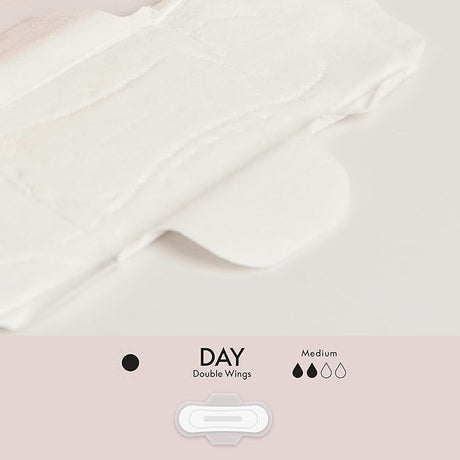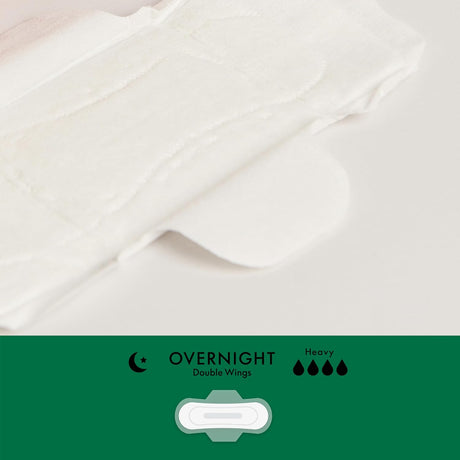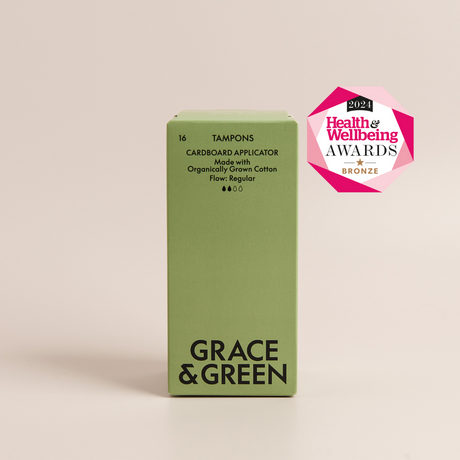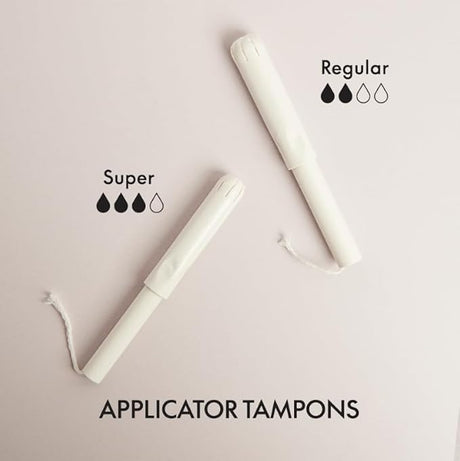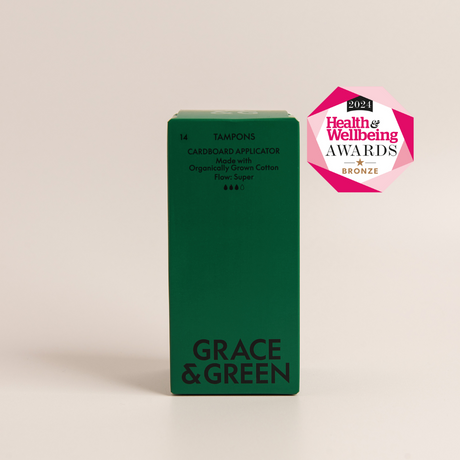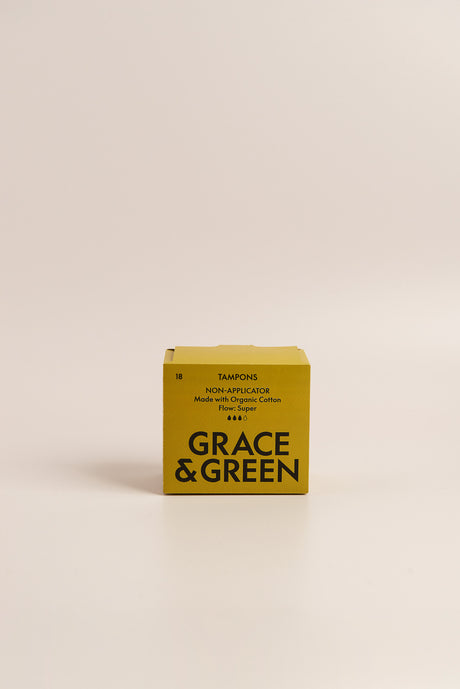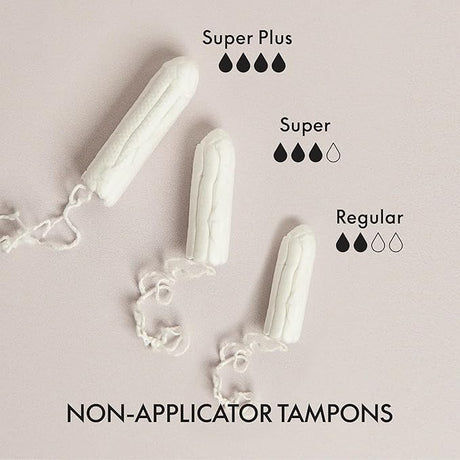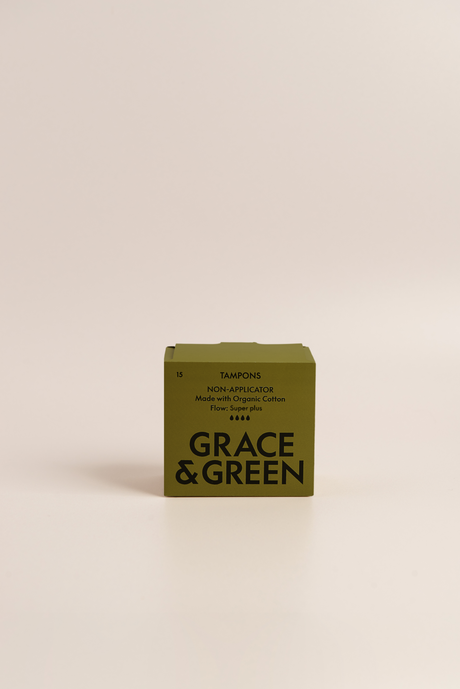Being a period positive employer is about more than just offering free tampons or pads - it’s about creating a culture where menstrual health is respected, supported, and included in wider workplace wellbeing initiatives. Periods are a normal part of life for almost half the population, yet stigma still lingers in office bathrooms, meeting rooms, and HR policies. So what does it really mean to foster period positivity in your organisation, and how can your workplace lead by example?
What Does It Mean to Be a Period Positive Employer?
Becoming a period positive employer involves shifting the narrative around menstruation from something private or taboo to a subject that’s acknowledged, respected, and actively supported in the workplace.
The Principles of a Period Positive Workplace
At the core of a period positive workplace are values rooted in accessibility, acceptance, and education. This means:
-
Accessibility: Ensuring all employees have easy, stigma-free access to period products and support - no matter their role or location.
-
Acceptance: Creating a workplace culture where menstruation is normalised, respected, and free from shame or taboo.
-
Education: Empowering staff with the knowledge to understand their menstrual health, through clear communication, training, and resources.
These pillars support a more inclusive, informed, and compassionate working environment for everyone who menstruates.
Language, Culture, and Period Taboos
Talking about periods at work shouldn’t be awkward - but for many, it still is. The language we use plays a key role in either breaking down or reinforcing stigma. Becoming a period positive employer means encouraging open, respectful, and accurate conversations about menstruation in your workplace culture, comms, and policies.
Here’s how to approach it:
-
Avoid euphemisms. Terms like “time of the month” or “ladies’ problems” are vague and rooted in discomfort. Instead, use direct terms like “period,” “menstruation,” or “menstrual health.”
-
Challenge stereotypes. Everybody experiences periods differently. Avoid assumptions about symptoms, mood, or behaviour linked to periods.
-
Use inclusive language. We encourage everyone to use inclusive terms such as “people who menstruate” or “employees managing periods” when appropriate. This ensures transgender, intersex and non-binary colleagues feel recognised and respected.
-
Keep it professional. Just as we speak about mental health or medical needs respectfully, periods should be treated as a normal part of employee wellbeing.
By encouraging honest, inclusive conversations, you create space for your team to feel safe, seen and supported.
Why Period Positivity Benefits the Workplace
Fostering period positivity doesn’t just benefit individuals - it improves the overall wellbeing, productivity, and employee satisfaction across your organisation.
When employees feel supported in managing their menstrual health, they’re more likely to remain engaged, focused, and present at work. Open dialogue and accessible resources reduce the stigma and discomfort that often lead to presenteeism (working while unwell) or absenteeism. This not only helps employees manage their health more effectively but also minimises lost productivity and disruptions to workflow.
How Period Support Boosts Employee Wellbeing
When employees feel seen and supported, they thrive. Access to menstrual care, understanding leave policies, and inclusive culture all help:
-
Reduce stress and presenteeism - When people feel they have to hide or downplay their menstrual symptoms, it can lead to presenteeism — showing up to work despite being unwell, often resulting in reduced performance and increased discomfort. Providing access to menstrual products, flexible scheduling, and open conversations about periods helps alleviate that pressure. Employees can manage their health without fear of judgment or penalty, leading to lower stress levels and a better quality of work.
-
Build trust between teams and managers - An open, supportive approach to menstrual health strengthens communication and psychological safety. When team members know they can speak honestly with their managers about their needs - without shame or repercussions - it builds mutual trust and respect. Managers who model empathy and flexibility foster stronger team dynamics, increasing engagement and loyalty across the board.
-
Improve morale and wellbeing - When employees feel supported in all aspects of their wellbeing, including menstrual health, they’re more likely to feel valued, motivated, and connected to their workplace. This boosts overall morale and contributes to a positive work environment where people are more likely to collaborate, innovate, and support each other. It also promotes mental and emotional wellbeing, reducing burnout and fostering resilience.
Reducing Absenteeism with Menstrual Health Initiatives
For many employees, managing menstrual-related conditions like endometriosis, polycystic ovary syndrome (PCOS), or heavy bleeding can be physically and emotionally draining. Without appropriate support, these individuals may feel they have no choice but to call in sick, especially if the work environment lacks understanding or flexibility.
However, when organisations provide flexible leave options, remote working opportunities, access to rest areas, or simply create a culture of empathy, employees are more likely to feel comfortable managing their symptoms while staying engaged with their work. Rather than taking full sick days, they may opt to adjust their schedules, shift tasks, or work from home during flare-ups, knowing they won't face judgment or career repercussions.
Moreover, clear communication from leadership and visible support from HR teams sends the message that employees don’t have to choose between their health and their job.
Practical Ways to Champion Menstrual Health at Work
So how can your business become a period positive employer in action - not just intent? Here are steps that make a real difference in everyday workplace life.
Providing Free and Accessible Period Products
Offering free period care sends a powerful message: everyone deserves to feel prepared and dignified at work. No one should have to hide a tampon up their sleeve or leave early due to a lack of access.
Stocking Sustainable and Organic Tampons
Choosing sustainable and organic period products shows you care for employee health. A recent study found that tampons on the UK market contained glyphosate, a toxic pesticide linked to cancer, in levels 40 times higher than the legal limit in drinking water. Grace & Green products are free from synthetic pesticides, chlorine bleaches, dyes and fragrances to ensure unnecessary chemicals aren’t in our products. Choosing chemical-free products shows you are listening and caring for your employees, rather than taking cheaper shortcuts.
Making Period Products Visible and Free
Products should be placed in all bathrooms - not hidden in HR or locked drawers. This perpetuates the stigma that periods should not be seen or talked about. Make them visible, accessible, and stigma-free. We create bold displays that keep bathrooms clutter free, whilst making your commitment to period dignity clear.
Offering Flexible Period Leave Options
Flexibility empowers employees to manage their health with dignity. Period leave needn’t be complex - it can be built into sick leave or wellbeing days.
Communicating Leave Policies Clearly
Employees should never have to guess what support is available. Be transparent in handbooks, manager guides, and onboarding so period-related absences are normalised and judgement-free.
Supporting Staff with Menstrual Conditions
Some employees live with chronic, often invisible menstrual conditions such as endometriosis, fibroids, PCOS, or adenomyosis. These conditions can cause intense pain, fatigue, and other symptoms that seriously impact daily life and work performance.
Recognising these as legitimate health concerns is key to building equitable and inclusive workplace policies. Consider adjustments such as:
-
Flexible or remote working options during flare-ups
-
Paid menstrual leave or ensuring your sickness policy mentions menstruation specifically so no one has to guess what support is available
-
Access to healthcare resources or occupational health assessments
Embedding Period Support in Employee Health Programmes
Wellbeing strategies should explicitly address menstrual and hormonal health - not treat them as niche or secondary issues. Menstrual support must be integrated into health and wellbeing programmes as a core pillar of holistic care.
Practical steps include:
-
Including menstrual conditions in private health cover and EAP services
-
Hosting workshops on managing symptoms, nutrition, and the menstrual cycle
-
Partnering with hormone health specialists to provide additional services such as fertility and hormone testing and menopause support
Training Managers on Period Inclusive Practices
Managers play a crucial role in setting the tone for inclusion and empathy. When leaders are equipped to talk openly and without discomfort about menstrual health, it normalises the conversation and reduces shame for everyone.
Training sessions can cover:
-
Spotting signs that someone may be struggling, even if they haven’t spoken up directly
-
Encouraging open, respectful dialogue about period care and flexibility, without embarrassment or awkwardness
-
How to respond to disclosures sensitively, ensuring employees feel safe and supported
When managers lead with understanding and confidence, it helps build a culture where menstrual health is treated as a normal part of employee wellbeing, not a taboo topic to avoid.
Creating Inclusive Menstrual Policies for Employees
Creating an inclusive menstrual policy is a great step in supporting employee wellbeing and fostering a truly equitable workplace. While some organisations may choose to develop a standalone menstrual health policy, others can embed this support within existing frameworks - such as sickness absence, flexible working, or wellbeing policies. The most important factor is that menstrual health is explicitly acknowledged and meaningfully supported.
Regardless of where it sits, the policy should:
-
Recognise menstrual health as a legitimate issue that can affect physical, mental, and emotional wellbeing
-
Clearly outline the types of support available - such as flexible hours, the option to work from home during flare-ups, additional breaks, or access to rest spaces
-
Provide guidance on how employees can access this support
-
Empower managers to respond with empathy, consistency, and understanding
Including menstrual health in your policy framework helps normalise the conversation and reduces the burden on individuals to justify their needs. It also ensures a fair, consistent approach across teams, helping to reduce absenteeism, improve morale, and build trust.
Grace & Green’s Period Dignity Scheme: A Practical Solution
Through our Period Dignity workplace scheme, Grace & Green supports employers in delivering meaningful menstrual care to staff. We provide:
-
Sustainable, organic-certified period products, available in bulk
-
Eye-catching, refillable display units tailored for workplace use
-
Free educational tools for building period positive culture
Whether you're a small business or large employer, becoming a period positive workplace is a powerful way to build trust, boost wellbeing, and demonstrate leadership in health and inclusion.
Creating a period positive workplace isn’t just the right thing to do - it’s smart, compassionate leadership. From restocking bathrooms with ethical products to embedding menstrual care into employee wellbeing strategies, these steps show your organisation truly values its people.
In the long run, these benefits translate to improved organisational performance. Reduced absenteeism, higher engagement, and stronger team cohesion all contribute to a healthier bottom line. By embracing period positivity, companies demonstrate a commitment to gender equity and sustainable workplace practices - both of which are increasingly important to today’s workforce and stakeholders.



